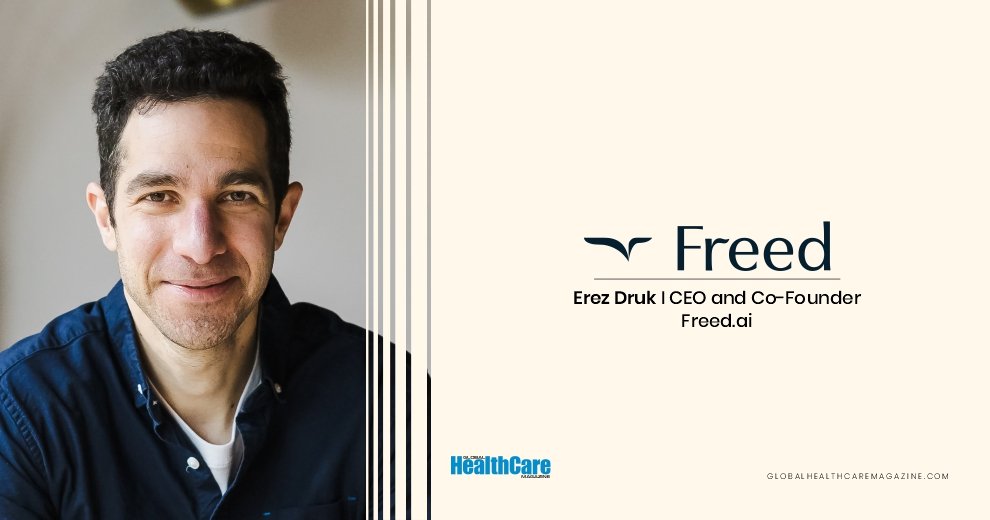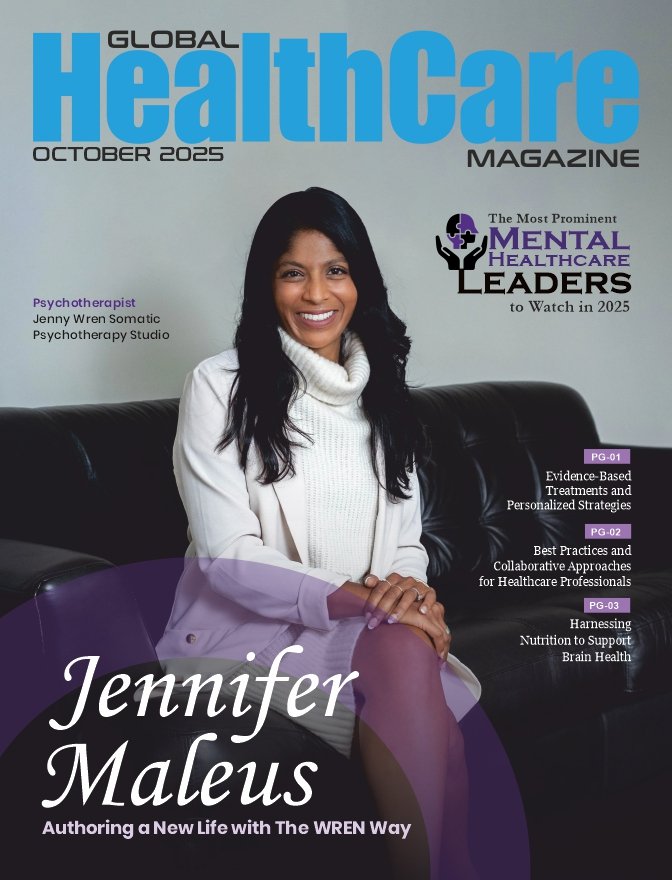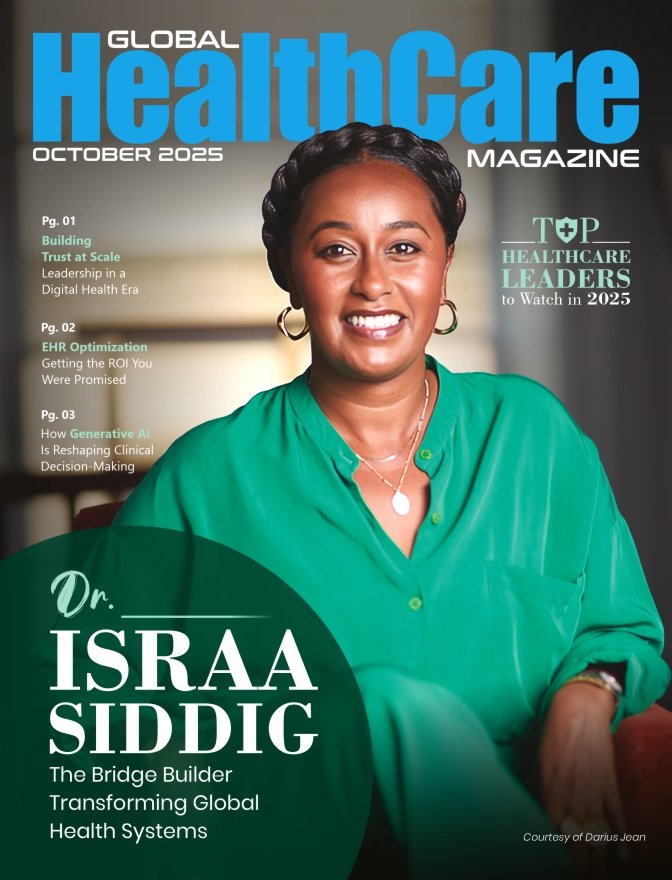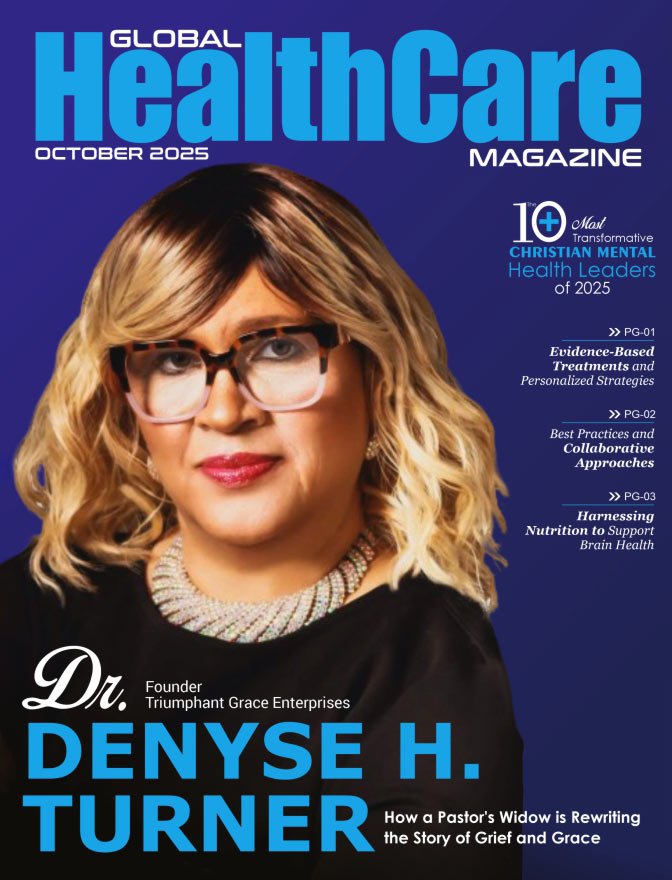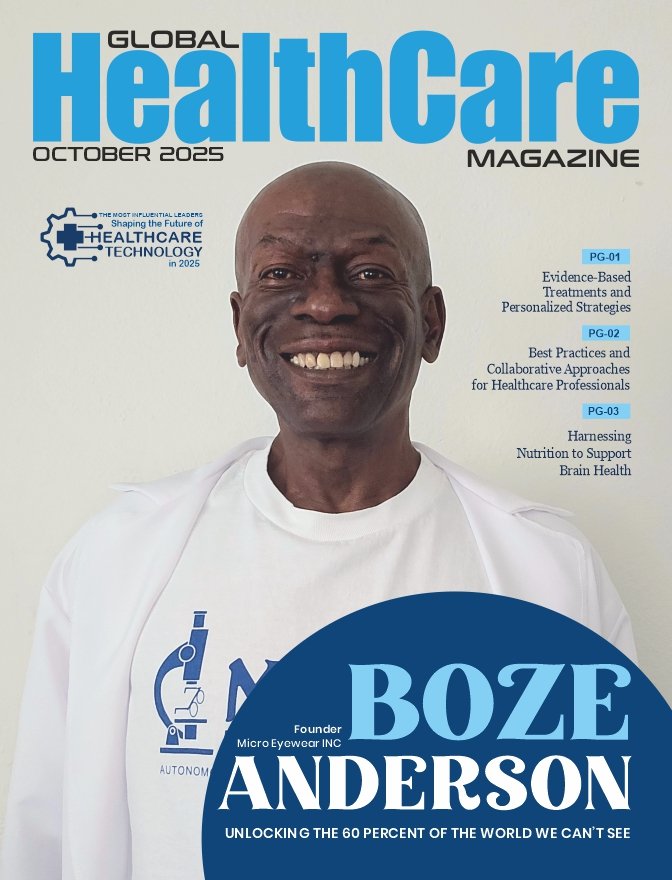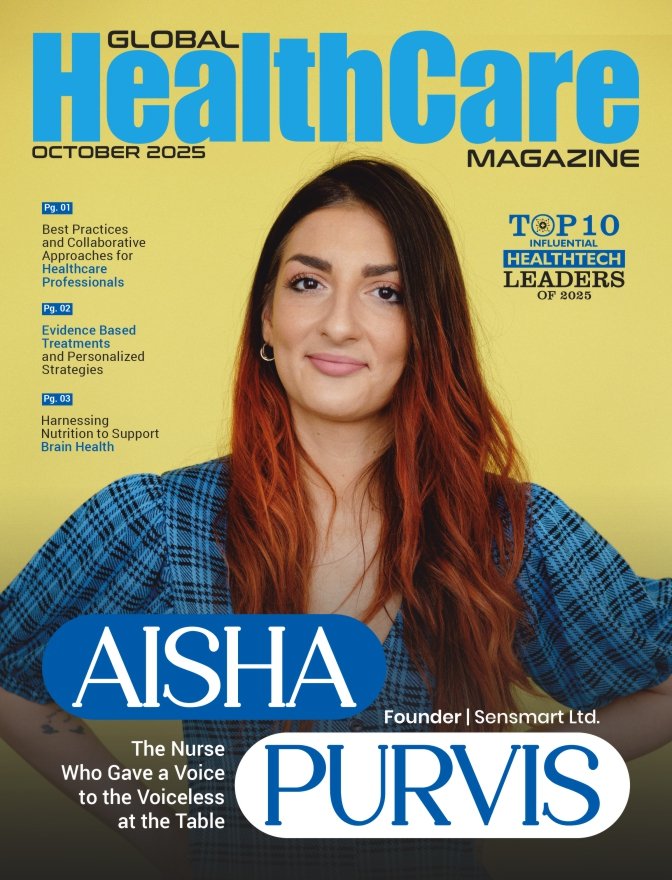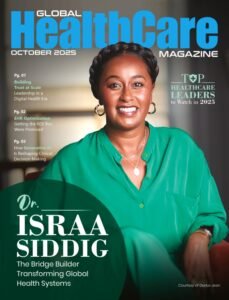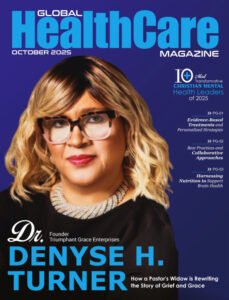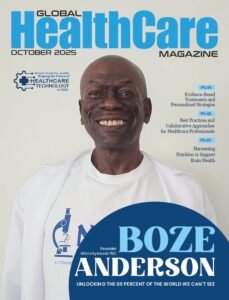A critical issue pervades modern medicine, often unseen by patients but deeply felt by practitioners: the overwhelming burden of administrative work. Clinicians dedicate their careers to healing, yet find themselves increasingly mired in documentation. Studies report physicians spend nearly nine hours, some estimate up to nineteen hours, each week solely on paperwork. This relentless demand contributes significantly to burnout, a condition reported by half of all physicians. It drives experienced professionals to consider leaving the field altogether, exacerbating a projected shortage of tens of thousands of doctors in the coming decade. This is the challenging landscape Erez Druk (CEO & Co-founder), a software engineer by training, chose to enter with his company, Freed.ai.
A Problem Observed Firsthand: The Engineer Sees His Wife’s Struggle
Druk’s motivation stems not from market analysis alone, but from direct, personal experience. His wife, Dr. Gabi Meckler, practices medicine at a community clinic. Druk witnessed firsthand the reality behind the statistics. He saw Dr. Meckler, after long days with patients, spent evenings and weekends consumed by the need to update medical records and complete related documents. The phrase “I have notes to do” became a constant refrain in their household over seven years. This intimate view of the clinician’s struggle provided Druk with a profound understanding of the problem’s impact. The genesis of Freed.ai crystallized in a simple exchange: Druk asked his wife what tool he could build to help her. Her direct reply, “Do my notes for me,” became his directive.
Lessons from Tech and Trials: Forging a User-Centric Approach
Druk’s background prepared him for this undertaking. He spent nearly four years as a software engineer at Facebook, absorbing the pace and practices of a major technology company. Following Facebook, he founded UrbanLeap, a startup focused on software for public procurement. While UrbanLeap ultimately ceased operations, Druk extracted a crucial lesson from the experience: the importance of building a product for a user one understands intimately and cares deeply about. This principle became central to his leadership philosophy and directly informed his approach to building Freed.ai. He possessed the technical skill; his wife’s experience provided the necessary user empathy.
The Mission Defined: To Free Clinicians from the Tyranny of Paperwork
Armed with technical expertise and a clear understanding of the user’s pain point, Druk defined Freed.ai’s mission. The company exists to give clinicians back their time. He teamed up with Andrey Bannikov, another former Facebook engineer with a decade of experience, who serves as Freed’s Chief Technology Officer. Together, they set out to address the documentation overload head-on. Freed.ai emerged as an AI-powered scribe, designed specifically to automate the tedious process of clinical note-taking and alleviate the administrative friction contributing to burnout.
Engineering Relief: Crafting the Freed AI Assistant
Freed.ai functions as an AI scribe. With patient consent, it records the conversation during a clinical visit. In real-time, the AI processes the dialogue, identifies medically relevant information, and drafts clinical notes. The system aims to produce an accurate, well-structured first draft that the clinician can quickly review, edit if necessary, and finalize. This automation targets one of the most time-consuming administrative tasks physicians face. The goal is not to replace the clinician’s judgment but to significantly reduce the manual effort involved in documentation, freeing the clinician to focus on the patient during the visit and saving hours of charting time afterward.
Navigating Complexity: Ensuring Accuracy and Security in Medical AI
Developing such a tool presents substantial challenges, which Druk and his team actively address. Transcribing and summarizing complex medical conversations requires high accuracy. The AI must distinguish between speakers, understand evolving medical terminology, maintain consistency, identify crucial information while omitting extraneous details, and avoid generating inaccurate statements (“hallucinations”). Freed tackles these technical hurdles through continuous learning. The system processes over two million patient visits monthly (as of early 2025, extrapolating from Feb 2024 data), collecting quantitative and qualitative feedback on generated notes. This data fuels rapid iteration and improvement. Druk emphasizes a systematic approach: identifying errors leads to developing systems to prevent and detect similar issues in the future. Crucially, the clinician always remains in control, reviewing and approving the note before it enters the official record.
Security and compliance constitute another core leadership responsibility. Handling sensitive patient health information demands rigorous protocols. Freed follows industry best practices, employs security experts, and has obtained third-party SOC 2 and HIPAA certifications through audits. Druk highlights additional measures, such as not storing patient recordings long-term and automatically deleting notes after 30 days, demonstrating a commitment to data privacy that extends beyond baseline requirements.
A Direct Approach: Reaching Clinicians Where They Work
Freed.ai employed a distinct go-to-market strategy that proved highly effective. Instead of focusing solely on large hospital systems with lengthy procurement cycles, Freed offered its AI scribe directly to individual clinicians for a monthly subscription fee ($99 at the time of their Series A). This direct-to-clinician model allowed for rapid adoption. Practitioners experiencing the pain of documentation daily could access a solution quickly and affordably, often paying out-of-pocket. This approach fueled remarkable growth, attracting significant venture capital attention. In early 2024, Freed announced a $30 million Series A funding round led by Sequoia Capital, bringing its total funding to $34 million – a substantial validation for a young company targeting a specific user need.
Validation through Adoption: Evidence of Impact from the Front Lines
The market responded positively to Freed’s offering. By early 2024, over 17,000 paying clinicians across numerous specialties were using the platform. The company reported saving clinicians a cumulative total of over 2.5 million hours since its launch in 2023, translating to roughly two hours saved per clinician per day. This rapid uptake, characterized by 4x year-over-year ARR growth, reflects genuine product-market fit.
Testimonials underscore the tangible impact. Natalie Desseyn, a nurse practitioner, credits Freed with enabling her to continue practicing psychiatry on a large scale. She emphasizes the improved patient interaction (“people feel really heard” because she isn’t focused on writing) and states that Freed “literally changed my life.” Dr. Meckler, Druk’s wife, and Freed’s first user, describes the tool as “magic,” reducing tasks that once took fifteen minutes down to about two. These accounts illustrate Freed’s effectiveness in delivering on its core promise: reducing the documentation burden.
Standing Apart: Freed’s Focus in a Competitive Arena
The market for AI scribing tools has become crowded, with technology giants like Microsoft and well-funded startups like Abridge and Suki offering similar solutions. Druk differentiates Freed through its relentless focus on the individual clinician. Josephine Chen, the Sequoia Capital partner who led Freed’s funding round, noted this unique approach targeting smaller, independent offices initially. Freed aims to be the simplest, most clinically accurate, and affordable option, positioning itself as a tool built out of empathy – a “love letter to clinicians,” as Druk describes it. Users like Desseyn, who tried other tools, validate this focus, citing Freed’s precision and ability to stick to factual reporting.
Evolving the Assistant: Expanding Freed’s Capabilities
With significant funding secured, Druk leads Freed in expanding its product portfolio beyond basic note-taking. The company has introduced features like specialty-specific note templates, a custom template builder for personalization, and pre-charting capabilities that provide clinicians with AI-generated patient summaries before visits. Critically, Freed is developing deeper EHR integration via a browser extension (currently in beta testing) to eliminate the friction of copy-pasting notes – a major pain point clinicians identified. Future plans include automating coding and other billing cycle functions and moving Freed closer to becoming a comprehensive AI assistant for clinicians.
The End Goal: A Future Free from Administrative Friction
Druk’s long-term vision remains grounded in his original motivation. He aspires for Freed to become the indispensable assistant for every clinician – intuitive, knowledgeable about each patient, and capable of handling nearly all administrative tasks. The ultimate goal is to fundamentally change the clinician’s workday, eliminating administrative drudgery entirely. He envisions a future where his wife, and all clinicians, can leave work when their last patient leaves, unburdened by hours of subsequent charting. Druk views this work as profoundly meaningful, stating, “It’s truly the most fulfilling and the most important work I’ve ever done, and probably will ever do.”
Also Read: Healthcare Technology Innovators: Five Leaders Revolutionizing EMR in 2025

